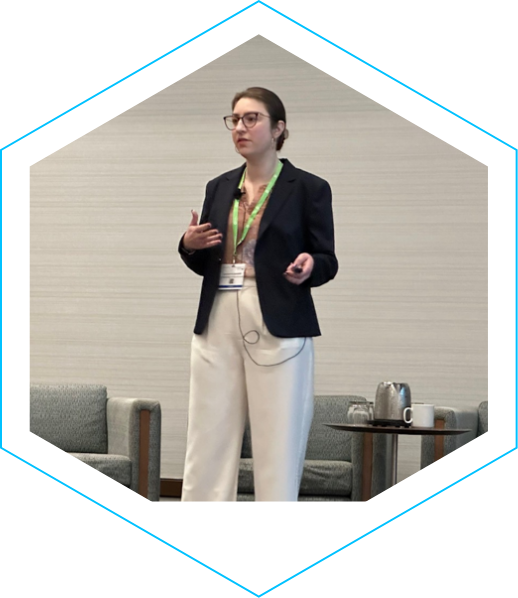Introduction to Biocatalysis
Literature sources for biocatalysis (books and review articles)
Myths about biocatalysis / pros and cons of biocatalysis
Enzyme / protein basics, basic microbiology
Sources of biocatalysts
Equipment requirements
Enzyme types
Hydrolytic Enzymes (Lipases, esterases, amidases, proteases)
Mechanism of hydrolysis by enzymes
Kinetic resolution
Use of organic solvents
Dynamic kinetic resolution (DKR)
Deracemisation
Ester, amide, nitrile and epoxide hydrolysis
concentration
Oxidations
Alcohol oxidation
Amine oxidation, deracemisation of amines and amino acids
Bio-oxygenation, bio-hydroxylation
Demethylation
Epoxidation
Bayer-Villiger oxidation
Sulphoxidation
Reduction
Ketone reduction, Prelog rules
Co-factors
Deracemisation of secondary alcohols
Enantioselective reduction / DKR
Keto-ester reduction
C=C reduction








